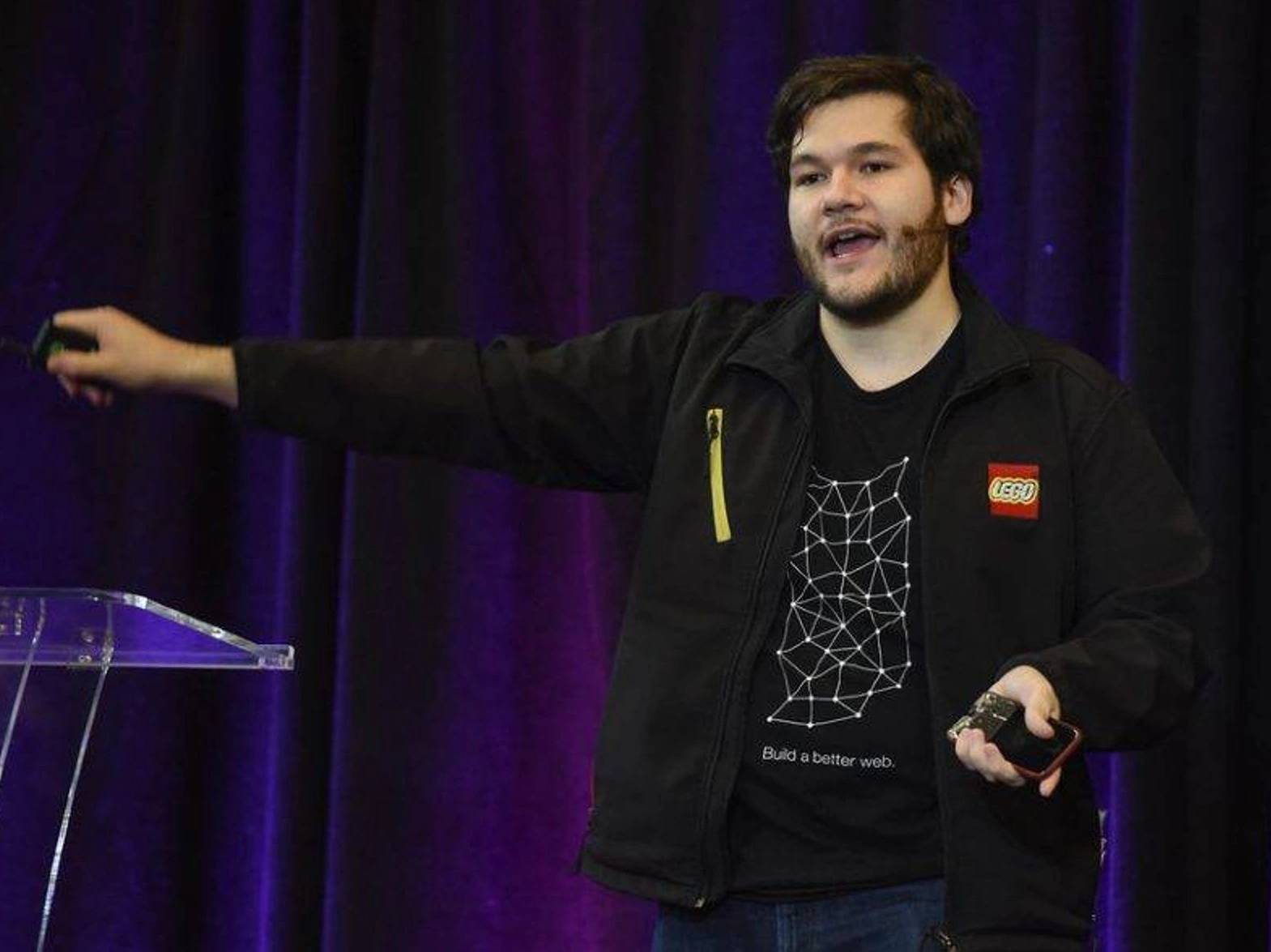Subscribe to wiki
Share wiki
Bookmark
Juan Benet
The Agent Tokenization Platform (ATP):Build autonomous agents with the Agent Development Kit (ADK)
0%
Juan Benet
Juan Benet is the inventor of the InterPlanetary File System (IPFS), a new protocol to make the web faster, safer, and more open, and Filecoin, a cryptocurrency-incentivized storage network. Juan is the founder of Protocol Labs, the internet tech R&D lab that develops IPFS and Filecoin. [1]
Early Life & Education
Juan Benet was born in Mexico and then moved to San Diego as a teenager. Some members of his family were residing in the United States when he arrived, while others were residing elsewhere. His grandmother was born in New York. While growing up he enjoyed reading, especially in the subjects of science fiction, history, and philosophy. One of his favorite books is The Lord of the Rings. [2]
In high school, he was part of the school’s theater, where he acted and built sets. [3]
“You get to create an interpretation of something,” Benet said. “There are certains kinds of emotions on a stage that are extremely difficult to create anywhere else.”
He obtained his bachelor's and master's degrees in Computer Science from Stanford University. He was also a teaching assistant and conducted research during his time at the university. [4]
While being at Stanford, he completed a minor in drama, where he staged an adaptation of the poem “The Waste Land”, called “wAsted,” which was based on the 1922 poem. This was the only undergraduate-pitched script that was part of the university's retrospective on T.S. Eliot. The script is open-source and can be found on Github, accepting contributions. Benet's team incorporated the poet's documented misogyny and racism into the production, using it as a platform to raise awareness about plastic pollution. The stage was littered with plastic bottles, creating a scene where the actors were seemingly swimming in them. [4]
His passion for Knowledge, Science, and Technology drives him, and this is reflected in his work as a research and software engineering intern at companies such as Anticancer Inc. and Cooliris. [1]
Career
In 2010, he co-founded Loki Studios in Palo Alto, California in 2010. During his two-year tenure as the CTO of the company, he was responsible for designing, engineering, publishing, and maintaining location-based multiplayer mobile games. The startup was acquired by Yahoo in three years. He served as an advisor and supporter for tech startups in the StartX program in Palo Alto from 2011 to 2013. In 2012, he founded Athena with the aim of advancing the state of human knowledge. [3]
Protocol Labs
Protocol Labs is an internet tech R&D lab founded in 2014. It started as a decentralized company, with Benet operating it from his home laptop in Palo Alto. Academics, students, and programmers from around the globe were hired. Protocol Labs initiated the practice of posting research challenges online to seek solutions through crowdsourcing, and offering grant funding. This approach, which involved utilizing distributed development to surpass the limitations of traditional corporations, was first popularized by DARPA's RFP program. [3]
“I'm a huge fan of Silicon Valley,” Benet said. “Historically, It's been one of the most important places for technology to develop. But it has been sort of running on fumes for a while.”
Filecoin
In 2017, Juan Benet introduced the Filecoin project, which attracted more than $200 million in funding in just half an hour during its initial coin offering. The Filecoin system is built on IPFS and enables individuals to lease their unused hard drive storage, with all transactions recorded on a blockchain. [5][6]
"I wanted to very explicitly separate the notion of incentivizing a community to share resources like storage as a separate piece. That’s where Filecoin comes in. You can think of IPFS as mapping to HTTP and Filecoin as mapping to Amazon s3, Google Cloud storage, or something like that."
Filecoin aims to address the need for secure and reliable data storage through the use of a decentralized network of storage providers. The network operates on the principle of incentivizing participants with the Filecoin cryptocurrency, encouraging them to contribute storage capacity to the network. As a result, the network is not controlled by any central authority but instead relies on a group of independent nodes to manage data storage and retrieval. [7]
See something wrong?
The Agent Tokenization Platform (ATP):Build autonomous agents with the Agent Development Kit (ADK)
